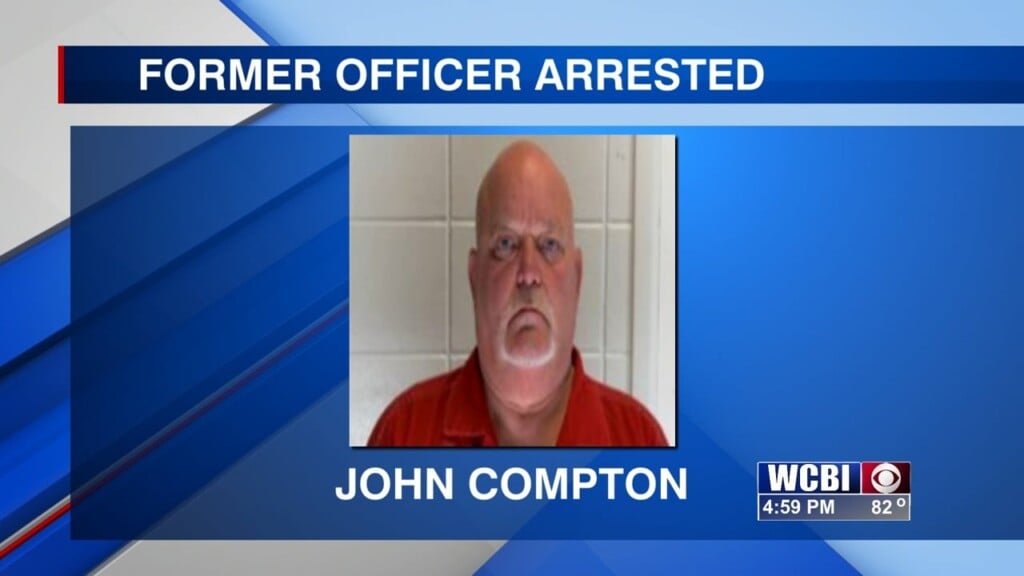Youth court judge says juvenile detention center is helping with Starkville’s violent crime, NAACP leader says it does more harm
STARKVILLE, Miss. (WCBI) – At Friday’s work session, Oktibbeha County Youth Court Judge Lydia Quarles called for the Starkville Board of Aldermen to renew the city’s agreement with the Lowndes County Juvenile Detention Center.
The interlocal agreement with the center keeps two beds reserved for any juveniles arrested in Starkville and will last until the fall of 2022.
“Three burglaries of occupied dwellings, one accessory after the fact to murder, two burglaries of vehicles with guns, weapons charges, stolen vehicles, assault with a firearm, aggravated assault with a firearm, simple assault on a teacher,” Judge Quarles said, listing off some of the charges she has seen over the past year in court.
She says the average age of the suspects in those cases was between 15 and 16 years old.
It’s one of the reasons she believes Starkville’s interlocal agreement should continue at least one more year.
“Putting them in detention for a little while, almost using it as a calm down period or a ‘think about this’ period, has perhaps made a difference in their behavior,” Judge Quarles says.
The judge says that about 80 to 85 percent of the children she sees are African American.
Oktibbeha County NAACP President Yulanda Haddix, who spent 16 years working in a New Jersey juvenile facility, says this is only a temporary fix and could actually hurt the community in the long run.
“Look at Columbus,” she says. “The center is right there in your home, in your community and you have more criminal behavior than you’ve ever seen.”
Over the last year, Judge Quarles says she’s seen a slight increase in cases involving weapons and juveniles but added that so far, she hasn’t had to send anyone to the detention center twice.
But Haddix is uncertain about how sustainable that will be.
“Most kids who, I would say, commit a crime early, before the age of 15, are going to have a 90 percent chance of getting back into the criminal system,” she says.
Judge Quarles says that the 12 children she sent to the juvenile center all had one thing in common.
“They all had guns and were threatening to, or had shot something,” she says. “As far as I’m concerned, (juvenile detention) is where you’re going to go if you’re over 12 years old.”
“I don’t think if a 12-year-old, a 13-year-old, steals a gun, he should immediately go to the juvenile system,” Haddix says. “I don’t think he’s ready for that. Because what happens is, once he gets there, you’re going to learn ‘the habits’ (of other offenders).”
However, Judge Quarles says that young people could actually learn good habits thanks to the resources at the Lowndes County center.
“A lot of these kids are truants and at least they’re going to school in detention,” she says. “They also get a psychological analysis. And in that assessment, if there are some specific needs that can be handled by Community Counseling (Services) and things like that, they’re given those referrals.”
Haddix believes the city’s resources would be better spent by investing in the schools and youth outreach centers in underserved communities.
“You don’t want to send your kids to school or an education setting where there are no books, the building is dilapidated and the bathrooms don’t flush,” she says. “And you expect kids to thrive in those environments?”
Judge Quarles believes there is enough support among the Aldermen to renew the interlocal agreement for another year. She expects that vote sometime within the next three months.
“The problem is not going away by locking kids up,” Haddix cautions.




